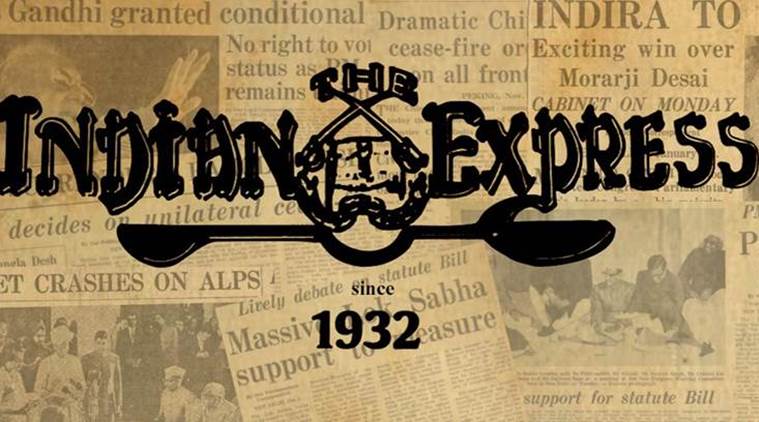Opinion Farm and the net
Bringing agricultural income under taxation will hurt only a miniscule section of so-called farmers

 Such reactions are only to be expected in a country where no party or government wants to be perceived as anti-farmer, even if the proposed measure in this case will make no difference to the vast majority of those engaged in agricultural activity.
Such reactions are only to be expected in a country where no party or government wants to be perceived as anti-farmer, even if the proposed measure in this case will make no difference to the vast majority of those engaged in agricultural activity.
NITI Aayog member Bibek Debroy’s suggestion to tax agricultural incomes above a certain threshold has met with predictable howls of protests, including from the ruling party’s farmers’ wing. Agriculture, to quote the president of the BJP’s Kisan Morcha, Virendra Singh, is a “way of life in India”. Ergo, “can you tax a way of life?” The Narendra Modi government, too, has been quick to distance itself from Debroy’s “personal views”, with Finance Minister Arun Jaitley stating that the Centre neither has powers under the Constitution nor plans to “impose any tax on agriculture income”.
Such reactions are only to be expected in a country where no party or government wants to be perceived as anti-farmer, even if the proposed measure in this case will make no difference to the vast majority of those engaged in agricultural activity. As per the 2010-11 Agriculture Census, over 95 per cent of India’s 13.84 crore operational holdings are of below four hectares (10 acres) size. Not many farmers falling within this holding limit — barring those growing very high-value crops under assured irrigation conditions — would be drawing an annual income above Rs 5 lakh, which currently attracts zero personal tax liability with rebate. Moreover, agriculture could be treated as a business for tax purposes, with all expenses relating to it — whether on farm inputs, labour, interest, crop insurance premium or leased land rentals — being deductible from income. Farmers can also be entitled to claim depreciation on fixed assets — from tractors and drip irrigation systems to cattle — and carry-forward/set-off their losses from year to year or against income from other sources. This will not only ensure that the bulk of agricultural incomes remain untaxed, but also incentivise farmers to undertake productivity-boosting investments in their land. Genuine farmers or those cultivating less than, say, 10 acres — it could be higher for un-irrigated holdings — will, thus, have nothing to fear if agricultural incomes are brought under the tax net. On the contrary, once we know the real incomes of farmers, it is possible for the government to even supplement these through direct payment programmes — which is how it is in advanced countries, whether or not agriculture is a “way of life” for them.
The voices of opposition to the taxing of farm incomes today are primarily coming from politicians, Bollywood stars, stockbrokers and other assorted high net-worth individuals, who clearly don’t need agriculture to sustain their “way of life”. For many of them, section 10(1) of the Income Tax Act is simply a provision that facilitates tax avoidance/evasion through declaration of farming as a source of income. The time has come to call the bluff on these so-called farmers.



